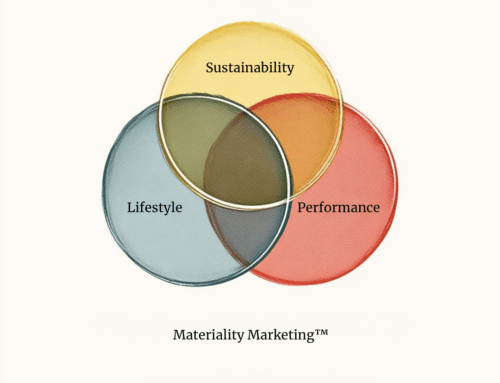Why Ghosting Is Bad for Business: A Professional and Psychological Perspective
June 26, 2025
Ghosting may have started as a dating trend, but in recent years, it’s made an unwelcome entrance into the business world. A potential client stops responding after asking for a proposal. A job candidate disappears after a second interview. A vendor goes dark halfway through a project. If you’ve experienced any of these, you’ve been ghosted.
It’s tempting to chalk this up to modern communication habits, but ghosting in a professional setting is more than just poor etiquette. It’s a symptom of a deeper issue—avoidance—and it’s actively harmful to your business.
What Is Ghosting in Business?
Ghosting in business is the sudden, unexplained cessation of communication between parties who were previously engaged in a dialogue—be it a deal, interview, collaboration, or negotiation. Unlike a delayed response or a missed message, ghosting implies a conscious decision to not respond at all, indefinitely, without closure.
While it may seem like a benign way to sidestep uncomfortable conversations, the psychological and reputational costs are real—and significant.
The Psychological Impact of Ghosting
From a psychological standpoint, ghosting triggers what’s known as ambiguous loss—a type of grief that comes from not having closure. The brain craves resolution. When someone we’re doing business with disappears without explanation, it can lead to frustration, anxiety, self-doubt, and wasted emotional energy.
When professionals are ghosted, especially after a promising interaction, they may internalize the rejection or question their own value. That’s not just unfortunate on a human level—it’s a drag on the efficiency and morale of everyone involved.
Why Ghosting Hurts Your Business
1. It Destroys Trust and Professional Reputation
Whether you’re a hiring manager, sales leader, or founder, failing to close the loop sends a clear message: “I don’t value your time.” In today’s interconnected world, word travels fast. If you’re known for ghosting people, even unintentionally, it becomes part of your brand. And not the good kind.
2. It Wastes Resources
Ghosting forces others to follow up, rework plans, or keep options open longer than necessary. It’s inefficient. For example, ghosting a candidate after multiple interviews wastes HR time, discourages future applicants, and can even create legal risk if not handled professionally.
3. It Closes Doors You May Want Open Later
Today’s “pass” might be tomorrow’s opportunity. Maybe the timing wasn’t right. Maybe the scope changed. But if you ghost someone, you’ve effectively burned a bridge—one that might have been useful a few months or years down the road.
4. It Encourages a Culture of Avoidance
When leaders and teams ghost, it sets the tone for organizational communication. Employees begin to mimic that behavior—dodging difficult conversations, avoiding accountability, and stalling progress. Over time, this erodes your company culture and makes collaboration harder.
The Professional Alternative: Simple, Respectful Communication
Here’s the good news: preventing ghosting is easy. It requires only a small shift toward proactive, respectful communication. A short message like:
“Thanks for your time and proposal. We’ve decided to go in another direction, but appreciate the effort you put into this.”
Or:
“We’re holding off on this project for now. Let’s reconnect in the future if timing aligns.”
This kind of closure signals professionalism, empathy, and self-awareness—all traits that build long-term trust and goodwill.
A Quick Guide: When You Feel Like Ghosting…
Instead of ignoring the message, consider:
-
If you’re a hiring manager – Send a polite “thank you but we’ve moved forward with another candidate” message.
-
If you’re a potential client – Let the agency or vendor know if the project is postponed or you’ve selected another partner.
-
If you’re a business owner – Clarify your intentions, even if you’re not moving forward. You don’t need to justify—just acknowledge.
Conclusion: Ghosting Is Avoidable—and Costly
Ghosting may feel like an easy way out of an awkward exchange, but it comes at the expense of your reputation, relationships, and emotional professionalism. In business, as in life, communication is currency. The more clearly and respectfully you communicate—even when it’s a “no”—the stronger your relationships and brand will become.
In short: Don’t ghost. Communicate. It’s better for everyone—including your bottom line.
Draper DNA is a non-traditional marketing agency specializing in the home, home building, and building products sectors. Our vision is to disrupt, surprise, and delight, delivering innovative marketing solutions that captivate and engage. With expertise spanning 3D graphics, art, branding, copywriting, public relations, research, social media, video production, and web development, we apply our extensive experience to meet the unique needs of our clients. Located in Sanford, North Carolina, Draper DNA is committed to providing exceptional service and results. For more information, visit our website at draperdna.com or contact us at shawn@draperdna.com.





